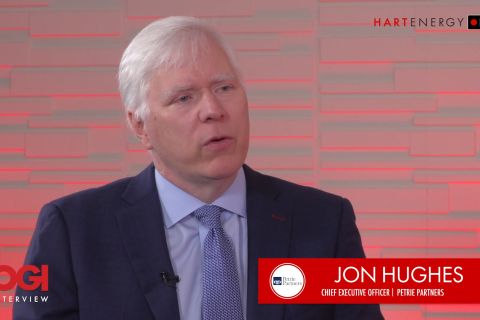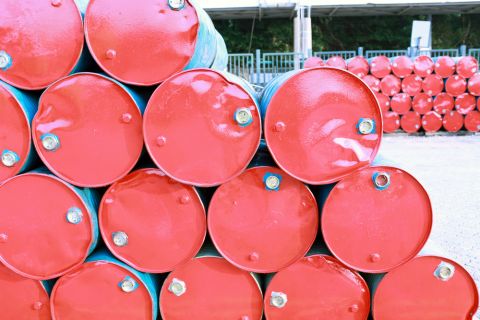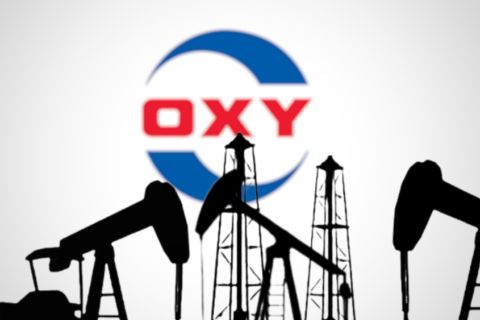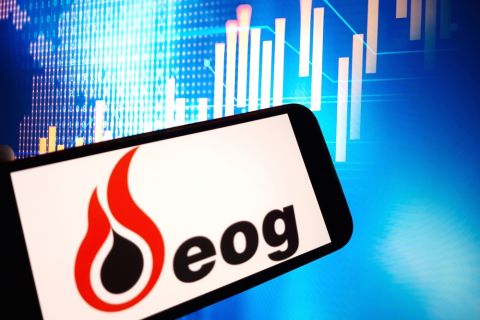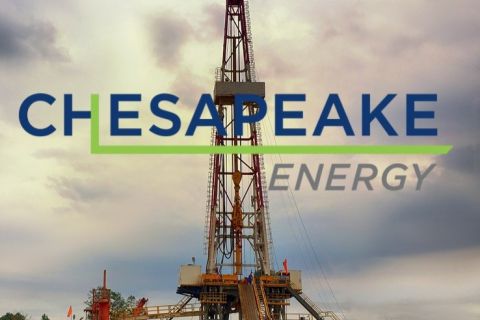BP said on Feb. 28 it plans to invest up to 2 billion euro (US$2.12 billion) by 2030 in its refinery in Spain to produce low-carbon hydrogen and biofuels.
The British company aims to develop a large plant to produce 2 gigawatts of green hydrogen, which is produced by splitting water using renewable energy, in order to replace polluting hydrogen used to produce fuels at the Castellon refinery.
The project, HyVal, will also increase the refinery's biofuels production three-fold to 650,000 tonnes a year 2030, BP said in a statement.
The green hydrogen will also be used as a feedstock in biofuel production, including sustainable aviation fuel.
The clean hydrogen, a nascent technology whose production remains limited due to high costs, will also be used in nearby industries such as ceramics and chemicals.
A first hydrogen electrolyzer unit of 200 megawatts is expected to be operational in 2027 and produce up to 31,200 tonnes of green hydrogen per year.
Under CEO Bernard Looney, BP aims to reduce its oil and gas output by 25% while sharply increasing its renewable power generation and low-carbon fuel production by 2030 in order to slash green house gas emissions.
BP set a target to produce 0.5 million to 0.7 million tonnes a year of low-carbon hydrogen by 2030.
Spain aims to become a major player in the production of low-carbon hydrogen and biofuels thanks to its ample solar and wind power and proximity to sea.
Spanish oil company Cepsa plans to invest 3 billion euros ($3.2 billion) in one of the largest green hydrogen projects in Europe.
Recommended Reading
The OGInterview: Petrie Partners a Big Deal Among Investment Banks
2024-02-01 - In this OGInterview, Hart Energy's Chris Mathews sat down with Petrie Partners—perhaps not the biggest or flashiest investment bank around, but after over two decades, the firm has been around the block more than most.
Kissler: OPEC+ Likely to Buoy Crude Prices—At Least Somewhat
2024-03-18 - By keeping its voluntary production cuts, OPEC+ is sending a clear signal that oil prices need to be sustainable for both producers and consumers.
Buffett: ‘No Interest’ in Occidental Takeover, Praises 'Hallelujah!' Shale
2024-02-27 - Berkshire Hathaway’s Warren Buffett added that the U.S. electric power situation is “ominous.”
The One Where EOG’s Stock Tanked
2024-02-23 - A rare earnings miss pushed the wildcatter’s stock down as much as 6%, while larger and smaller peers’ share prices were mostly unchanged. One analyst asked if EOG is like Narcissus.
Chesapeake Slashing Drilling Activity, Output Amid Low NatGas Prices
2024-02-20 - With natural gas markets still oversupplied and commodity prices low, gas producer Chesapeake Energy plans to start cutting rigs and frac crews in March.

